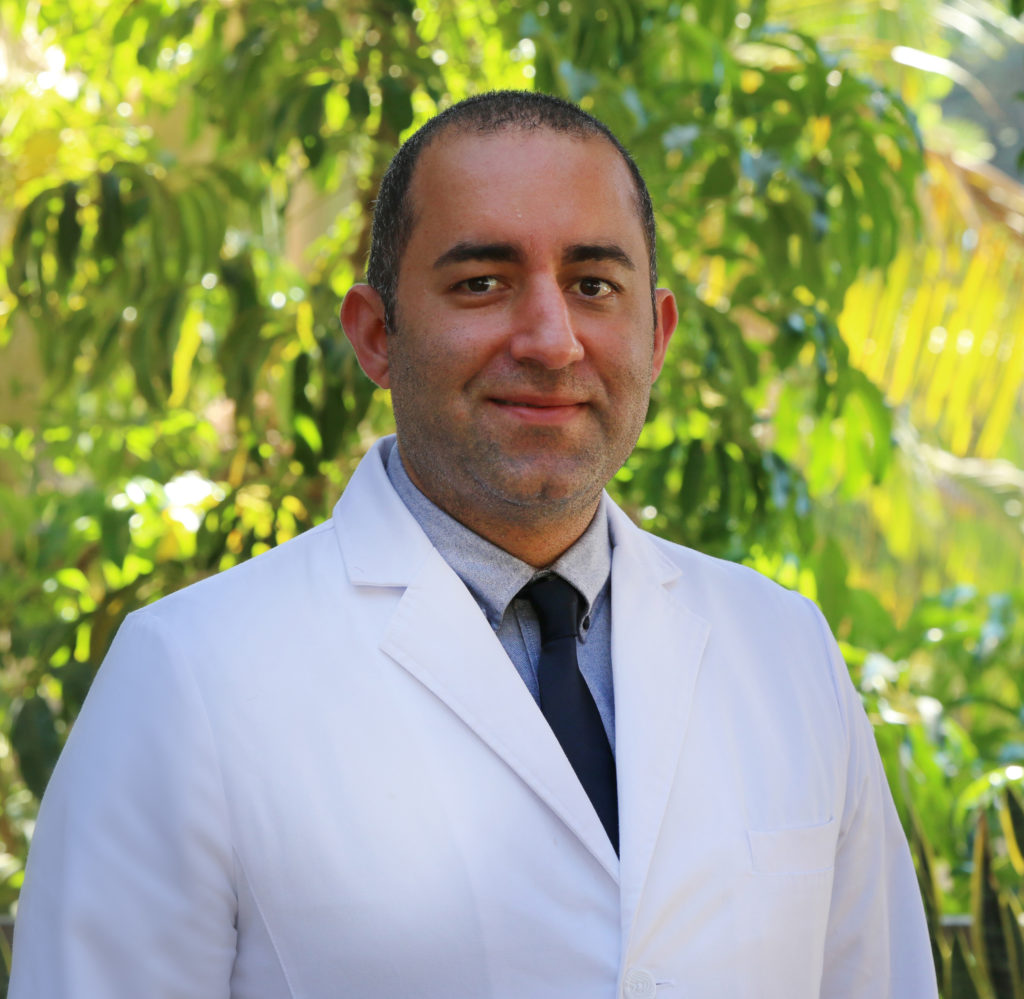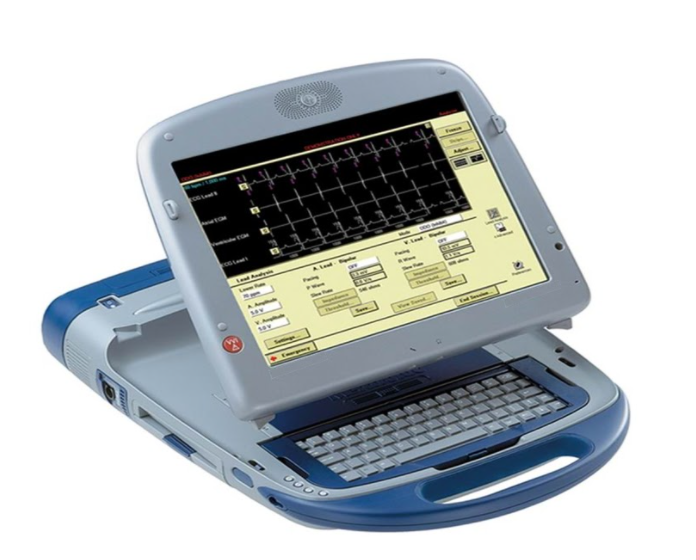Cardiac defibrillators and pacemakers device check
Home > Our Services > Cardiac defibrillators and pacemakers device check

Hossein Dehghani, MD
If you or a family member has a pacemaker or a defibrillator, then you are likely very familiar with the unique devices and the need for chronic monitoring. In a way, these devices can be seen as pulse generators that depend on a battery source in addition to soft, insulated metal wires which transmit the electrical data from the heart which leads to it beating regularly or erratically and in turn transmit the impulses from the pacemaker/defibrillators battery to the heart muscle itself. Overtime, the devices have become smaller in size but a lot more complex in their programming ability and function. Advanced defibrillators can help with storing heart rhythms, developing treatments and shocks and even help in monitoring extra fluid in lungs/improvement of heart pump function in certain types of heart failure patients with weak hearts. These devices are also capable of monitoring and informing us providers of abnormal life threatening and non-life threatening electrical conditions of the heart. In particular they can inform us remotely from home or in office interrogation, conditions such as atrial fibrillation and flutter which often merit an in depth discussion of starting strong blood thinners to prevent our patients from developing life altering events such as stroke!
Patients for a myriad of reasons will need to undergo placement of pacemakers or defibrillators. These advanced and complex devices will need close monitoring and follow up which usually happens every 3 to 6 months. In addition to placement of pacemaker devices, we will monitor and adjust the function and address battery life in order to safely allow for the batteries to last as long as possible while providing maximal benefit to the patients. During follow up, significant testing is performed both on detection algorithm of the computer chips in addition to battery life and finally function of the pacemaker wire leads in both bringing information from the heart to the device and successfully transmitting the needed electrical impulses from the generator to the heart tissue. Rarely due to mechanical wear and tear or electrical shorts/ etc these devices need to be replaced or lead’s placement need to be re adjusted or additional leads need to be placed and patient’s need to undergo revisions to the device pocket/leads. It is important to keep in mind that this does not necessarily translate to anyone (patient or doctor) being at fault.
It is important for the physicians, their office staff and the patients themselves to establish and develop long lasting, meaningful relationships with the “pacemaker reps”. The “reps” which is short for device representatives are liaisons between the Doctor/patients and the particular industry/company which manufactures the device. They are a great asset to us and very knowledgeable regarding function, monitoring and at times problems with certain devices and leads and solutions to such issues by having access to engineers and their massive databases. At Everlast Cardiology we have an excellent relationship with representatives of major pacemaker and defibrillator devices and since Dr. Dehghani implants these devices and the reps are always present at every one of the implant procedures, these relationships are a lot more one on one and personal as opposed to providers who just monitor such implanted devices.
Every pacemaker implanted by Everlast Cardiology will be the most up to date device at that date and time. Furthermore they will all be MRI compatible (MRI “friendly”) as we comprehend the lifetime need of most human beings to undergo some sort of MRI imaging for injuries/stroke evaluation/joint and muscle disease in their lifetime. As medicine has continued to prolong and improve length and quality of life, medical devices have also evolved to complement the need for us being an older generation together.
If you already have a pacemaker or defibrillator device, and would like for Everlast cardiology to help with monitoring and maintaining your device or if you have been told in the past or recently that you need a pacemaker/defibrillator device and would like more information about your options.you can make an initial consultation (*** through practice fusion link or call our office at 818 548 2511. At times changes in medical regimen or improvement of heart failure condition can alleviate the need for such devices altogether. At Everlast Cardiology we are committed to provide you with the most cutting edge technology and devices, only when ethically and medically necessary.

